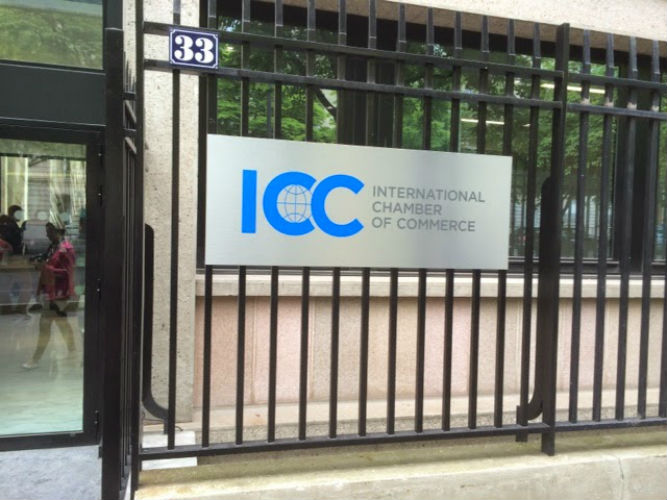RIO DE JANEIRO, BRAZIL – A study commissioned by the International Chamber of Commerce (ICC) estimates that Brazil could have an economic cost of tens of billions of dollars depending on the pace of vaccination against the Covid-19 pandemic.
This cost could be as high as US$224 billion (R$1.2 trillion) if all emerging markets were able to vaccinate only half of their populations. The cost rises to US$336 billion if access is restricted throughout 2021.

According to the ICC, losses do not depend on whether or not the country imposes a lockdown.
The ICC notes that while other analyses have highlighted the economic costs of nationalism with respect to the vaccine, its study is the first to incorporate both supply and demand shocks at the sectoral level for an open economy operating in global value chains.
The assessment is that if emerging and developing nations do not have the vaccine, or have it too late, they will not be able to rebound adequately, nor will they provide the intermediate goods required in developed countries, for instance.
The study concludes that the world economy as a whole could lose up to US$9.2 trillion if developing countries are unable to access anti-covid vaccines.
The economic cost for developed countries, in the absence of multilateral coordination to ensure vaccine access and distribution, ranges between US$203 billion and US$4.5 trillion, according to the study.
For the US, the economic cost of prioritizing immunization of its population, without ensuring equitable access for developing economies, is estimated to range from US$45 billion to US$1.38 trillion.
For the United Kingdom, the cost would range between US$ 8.5 billion and US$146 billion. For Germany, it would be between US$14 billion and US$248 billion.
The message that the World Health Organization (WHO) has tried to rapidly spread is that wealthy countries should have an interest in expediting vaccination in developing nations too, and prevent disruptions in global trade and supply chains.

